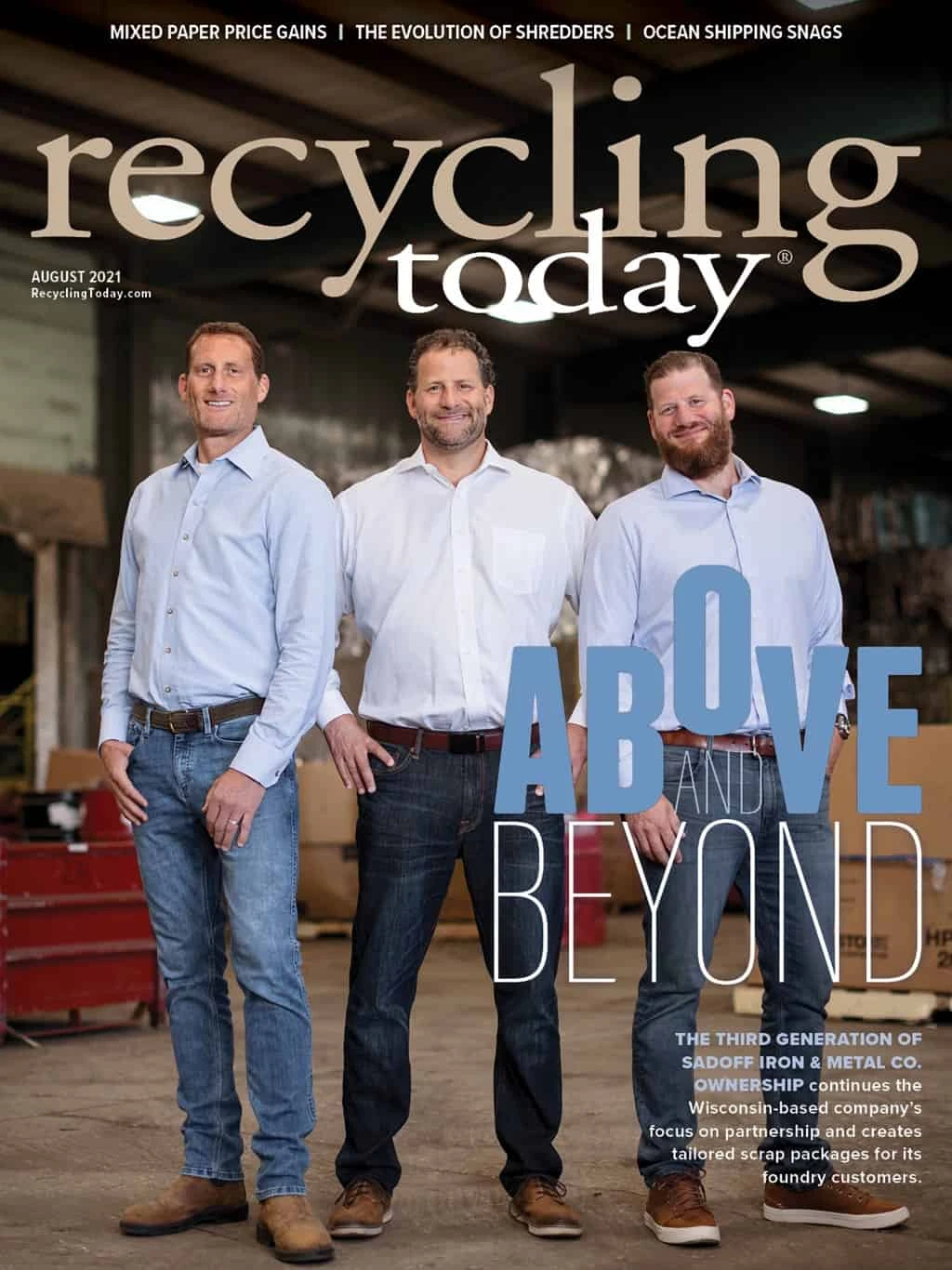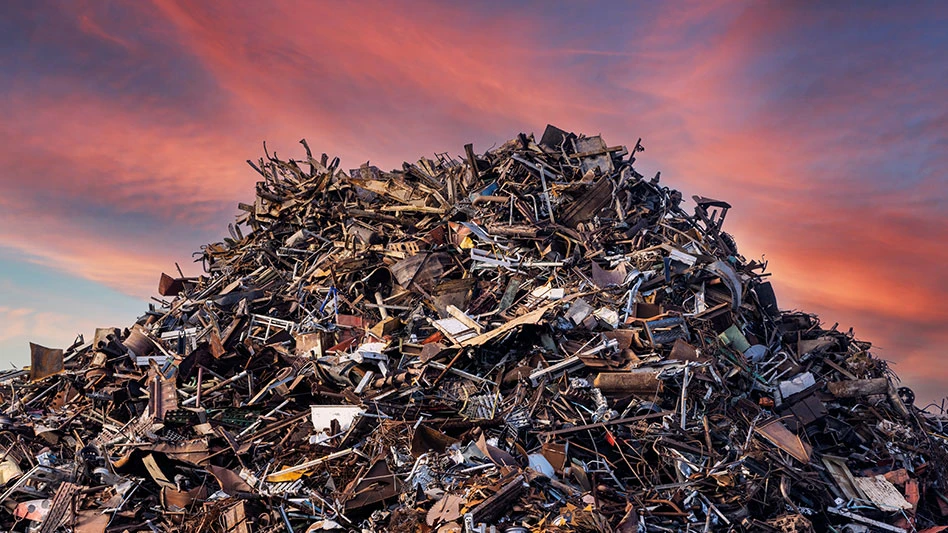GP begins operations at new Oregon recycling facility
_fmt.png)
Georgia-Pacific (GP), Atlanta, has begun operations at its GP Toledo material recovery facility (MRF) in Toledo, Oregon. The MRF has applied GP’s Juno technology, which is designed to recycle highly contaminated recovered fiber and mixed materials. Christer Henriksson, president of Juno Technology at Georgia-Pacific, says GP has been piloting Juno since 2013 at a plant in Savannah, Georgia, and began construction on its Toledo MRF about two years ago.
“The pilot plant was used to prove our concept of recycling municipal solid waste, typically called MSW,” he says.
As of May, the Toledo MRF has been up and running, processing commercial MSW from accounts throughout Oregon. Henriksson says the plant has the capacity to process about 100,000 tons of material per year and has the potential to recycle up to 90 percent of the material that enters the MRF.
Henriksson says the company only needs 10 employees to run the plant, which operates 24/7. The facility uses a technology called “autoclaving,” he says, which is typically used by hospitals to sterilize waste materials. “We use that technology to cook and sanitize the incoming waste.”
After the autoclave, materials are mechanically separated into different commodity streams, such as paper, plastics and metals.
Henriksson says all the MRF’s recovered fiber is consumed by GP’s containerboard mill in Toledo, which is next to the MRF, to manufacture linerboard for corrugated boxes. Other recovered items, such as metals and plastics, are sold in their respective markets.
He says about 10 percent of the MSW that can’t be recovered at the Toledo MRF is sent to landfill. That includes materials such as glass, dirt and fines.
Henriksson says the company is looking to add a second MRF that uses Juno technology in the Northeast United States, a third MRF using the technology in Europe and a fourth location using the technology in Asia. “We plan to start engineering the next two sites before the end of this year,” he says.
“[Juno] is a disruptive technology for the landfill industry,” Henriksson says. “We see there is a lot of demand because it’s very hard to build new landfills. People are shipping their MSW a long way to get to landfills because they are not typically located near cities. But future Juno plants will be built close to where waste is generated, such as large cities,” he explains.

Explore the August 2021 Issue
Check out more from this issue and find your next story to read.
Latest from Recycling Today
- Steel Dynamics cites favorable conditions in Q1
- Hydro starts up construction in Spain
- Green Cubes unveils forklift battery line
- Rebar association points to trade turmoil
- LumiCup offers single-use plastic alternative
- European project yields recycled-content ABS
- ICM to host colocated events in Shanghai
- Astera runs into NIMBY concerns in Colorado





